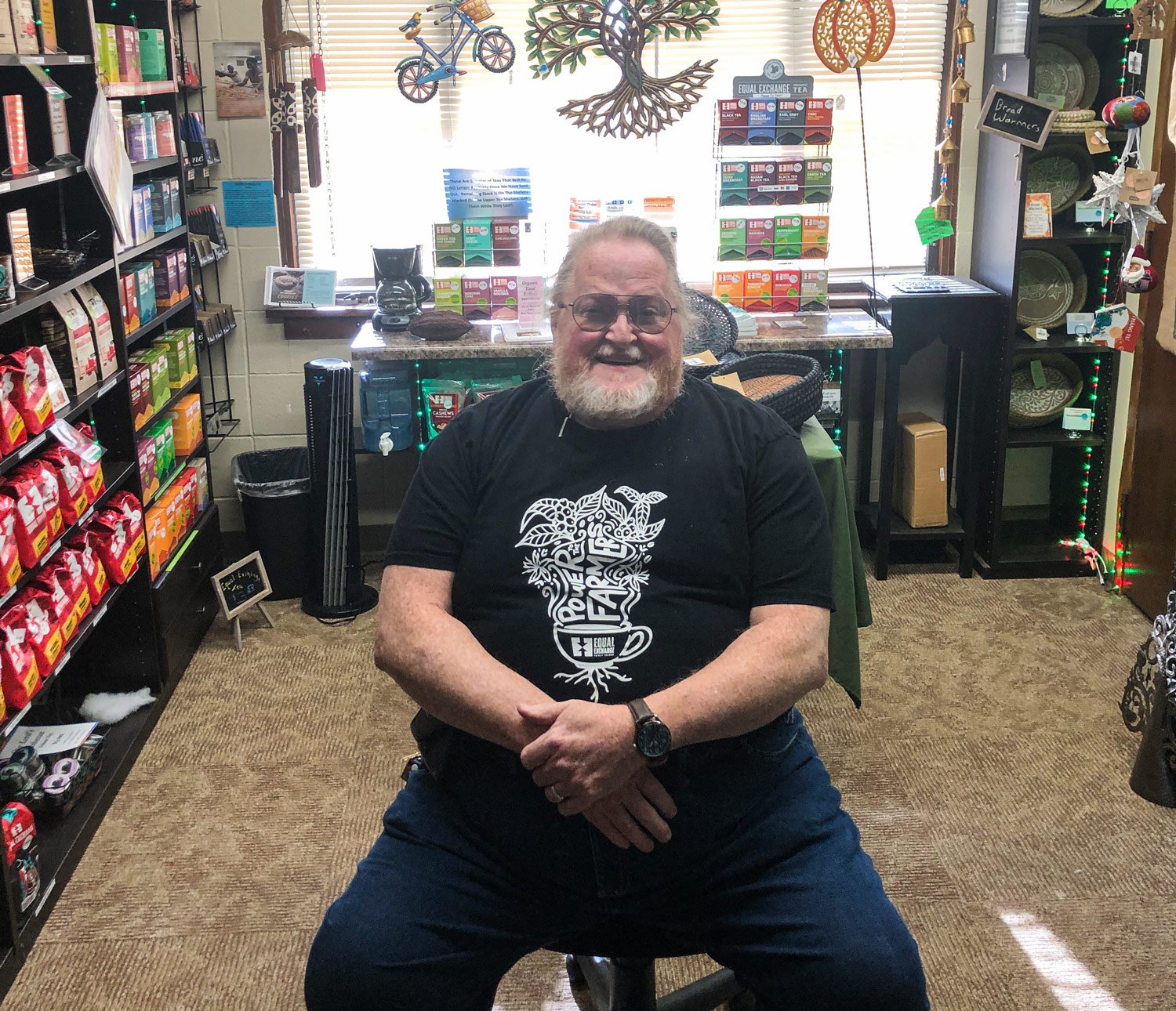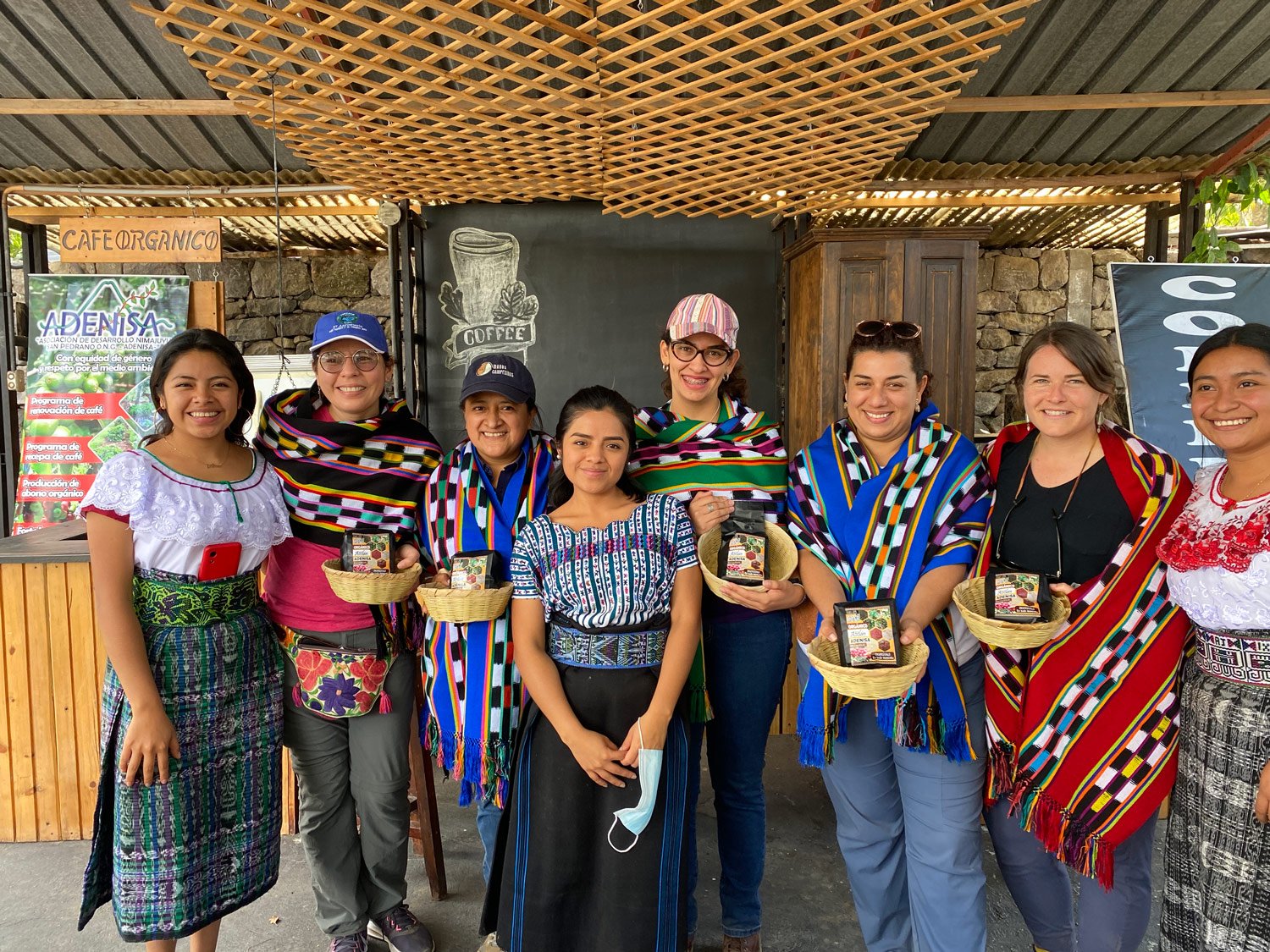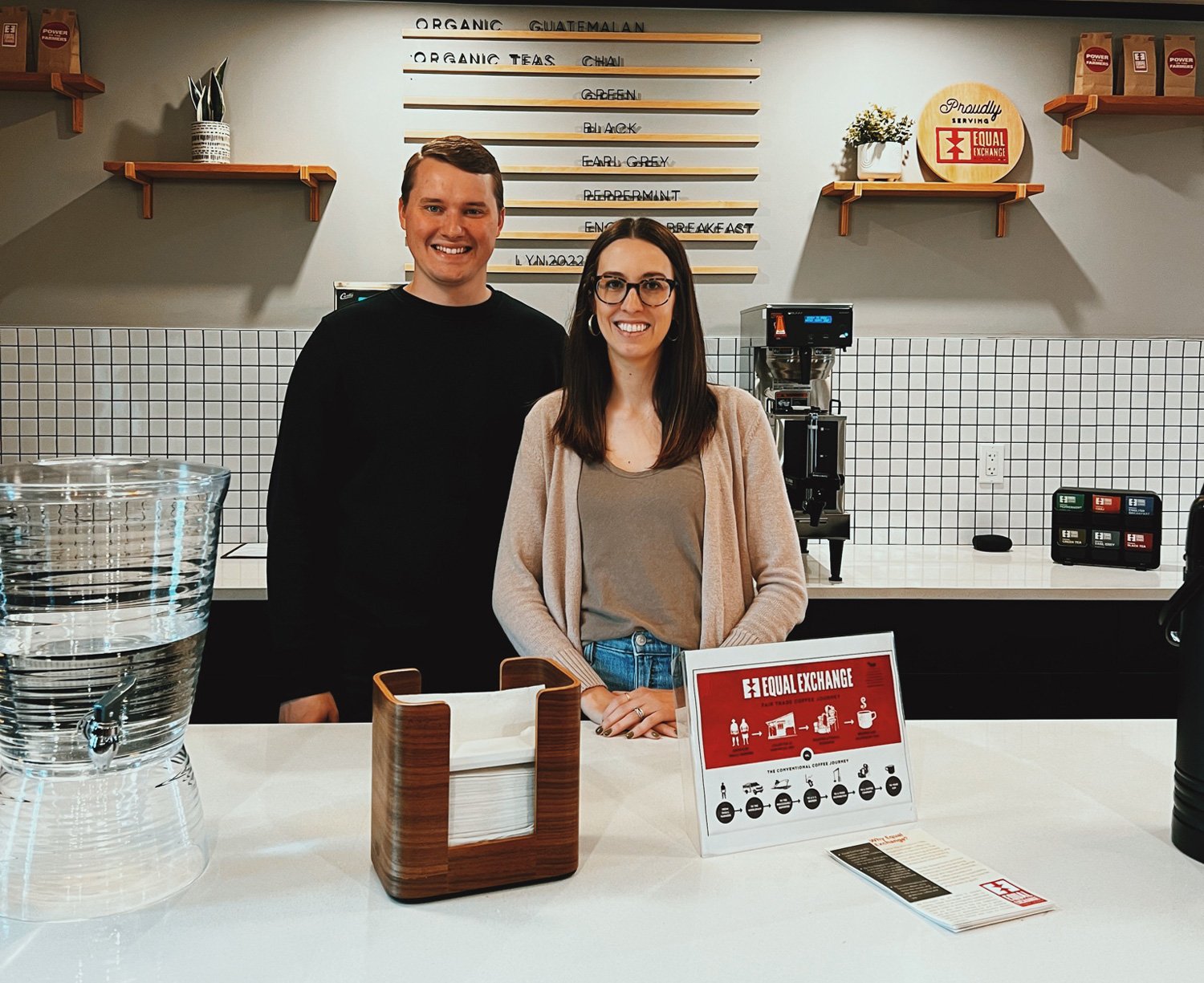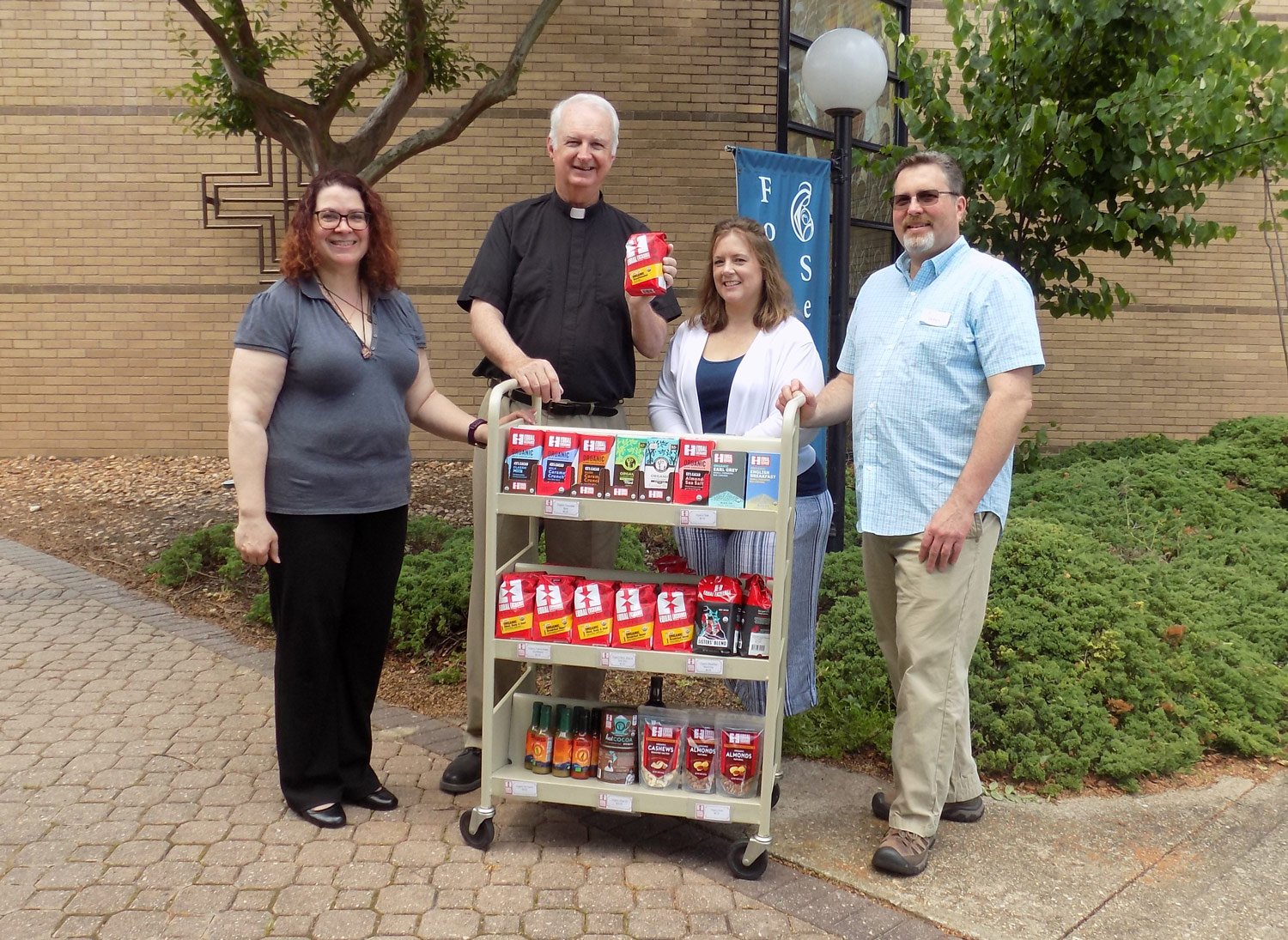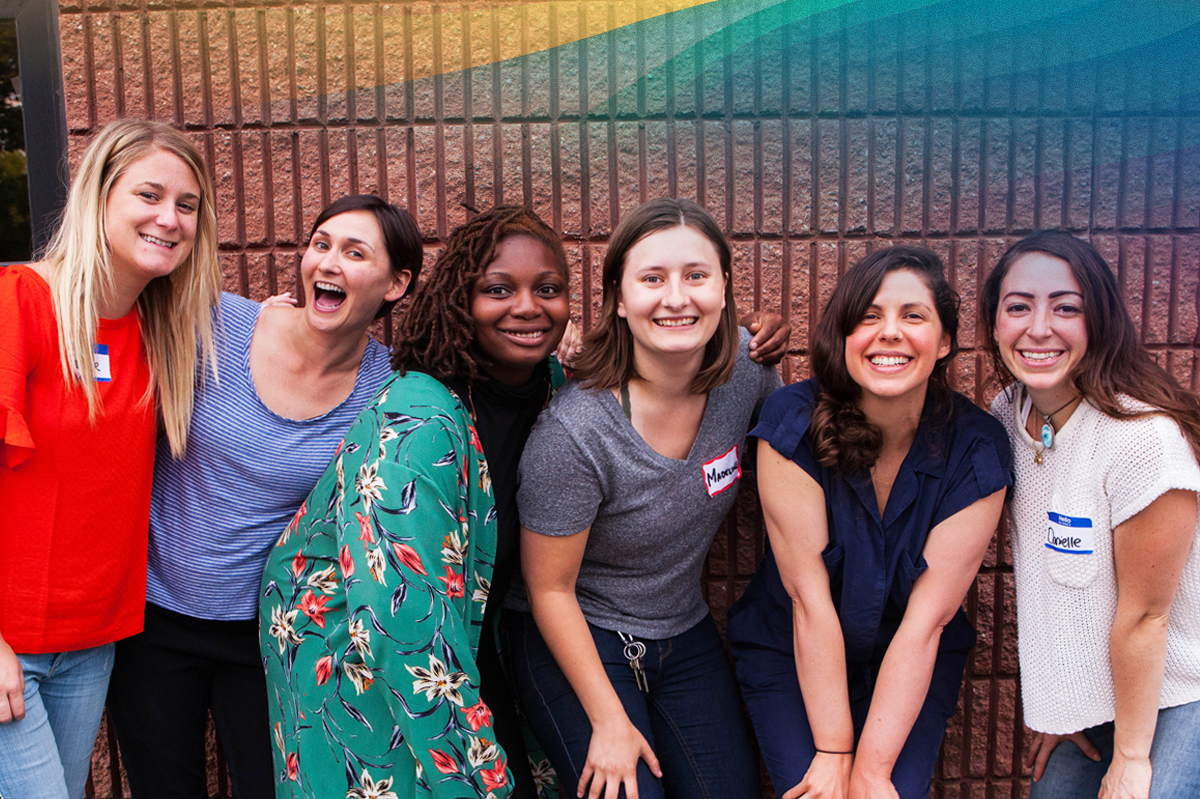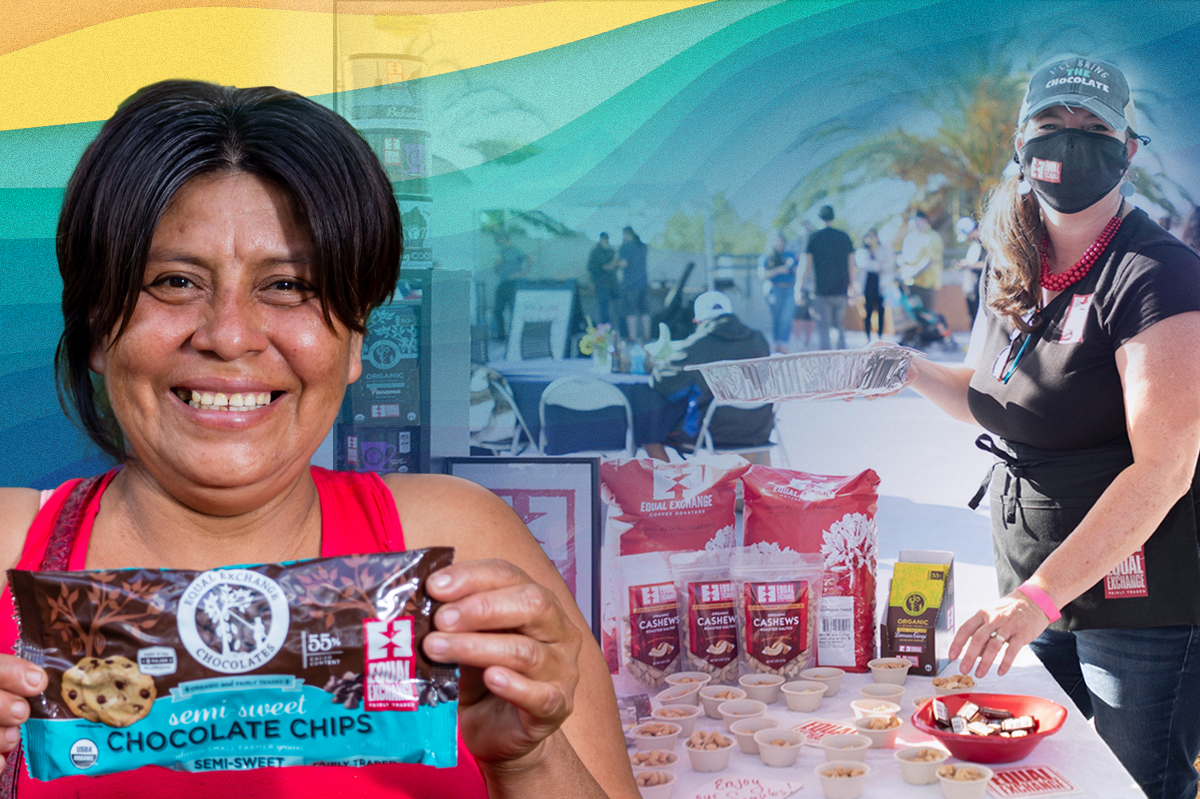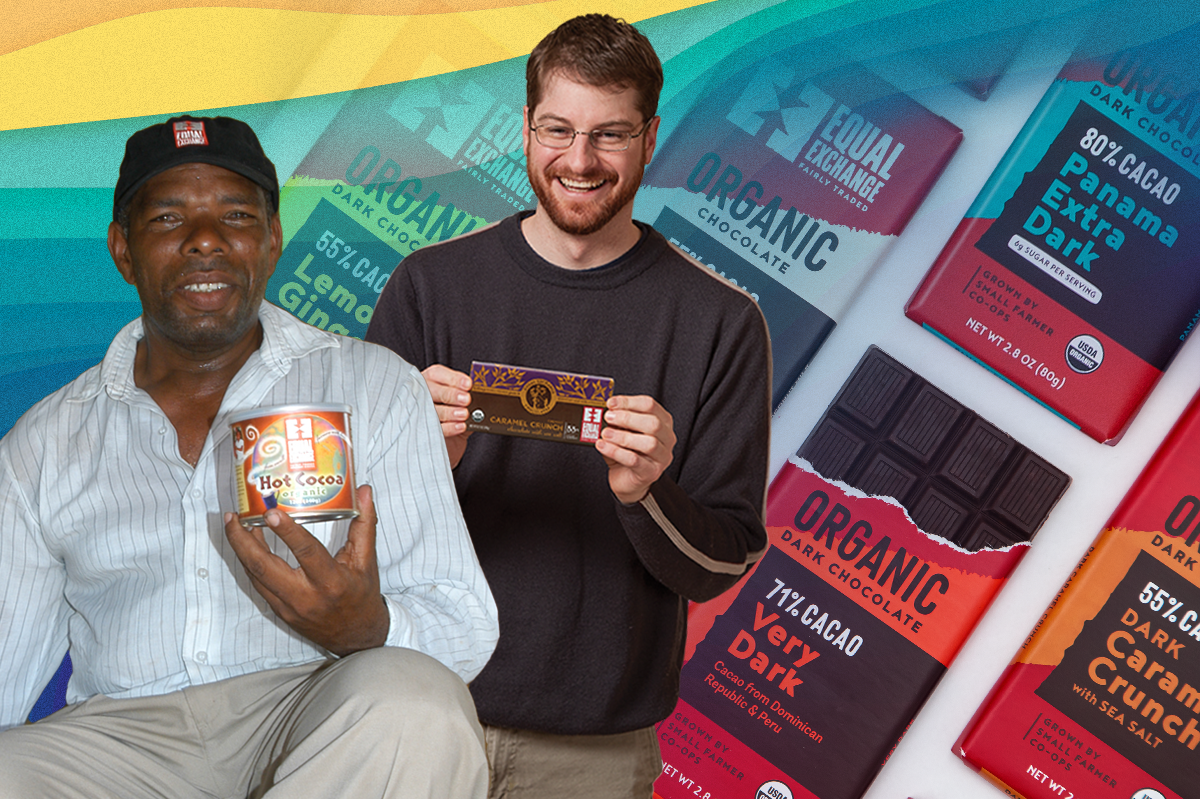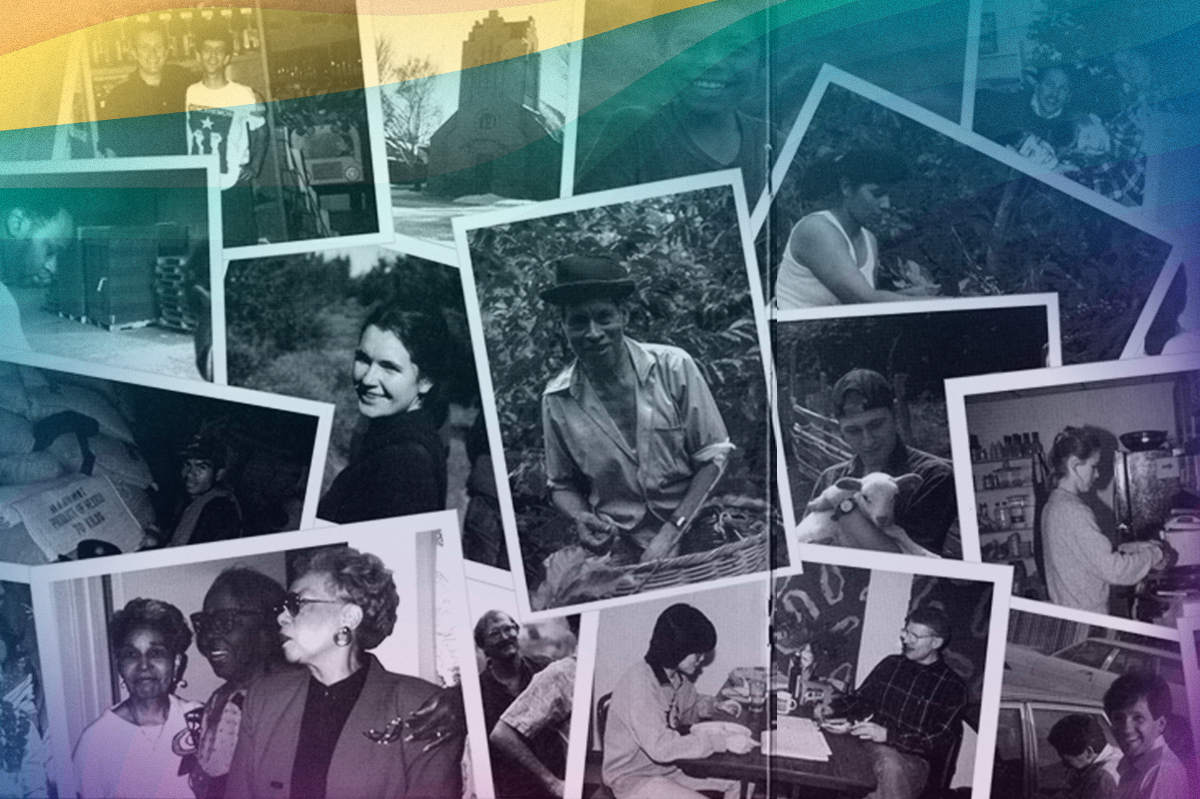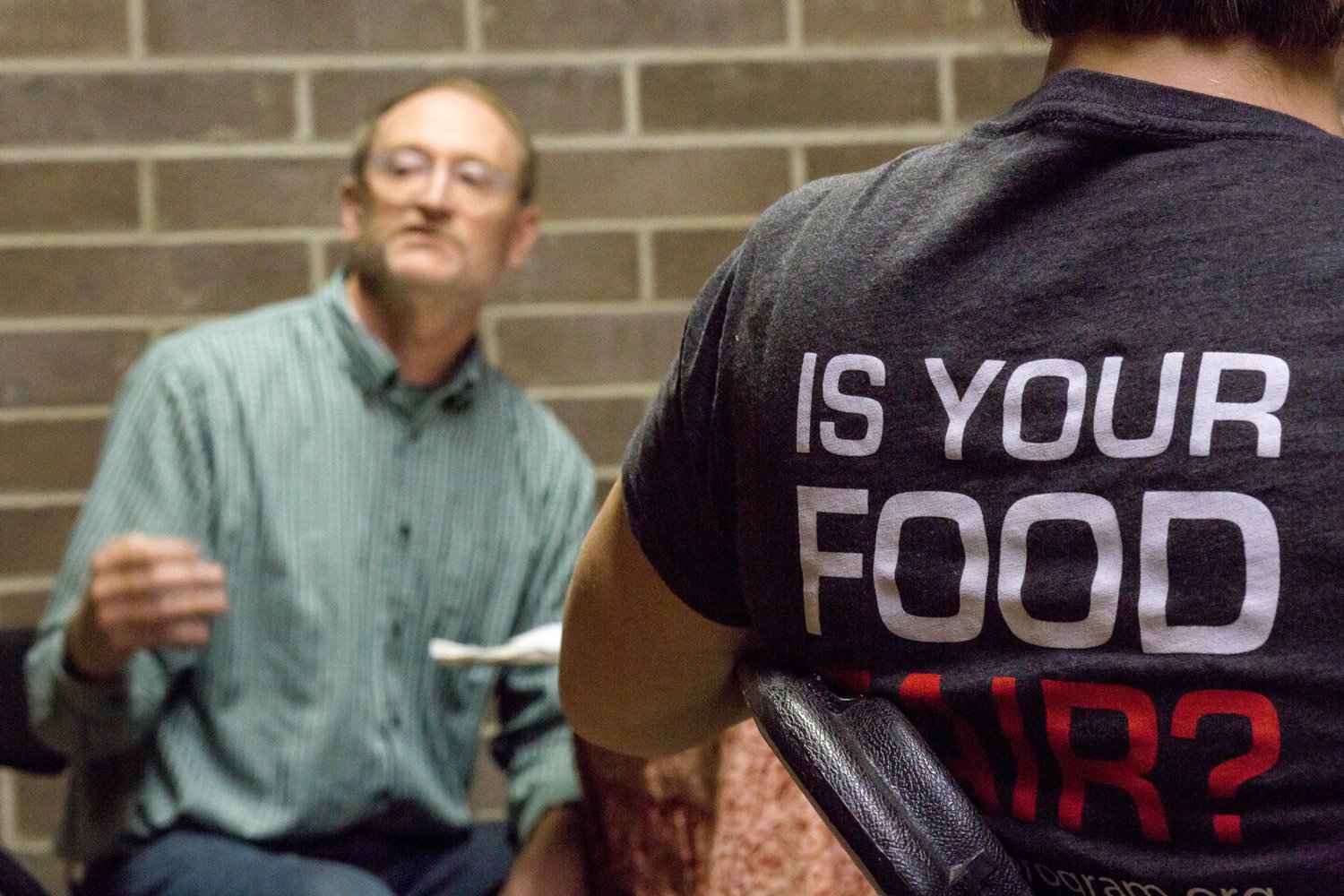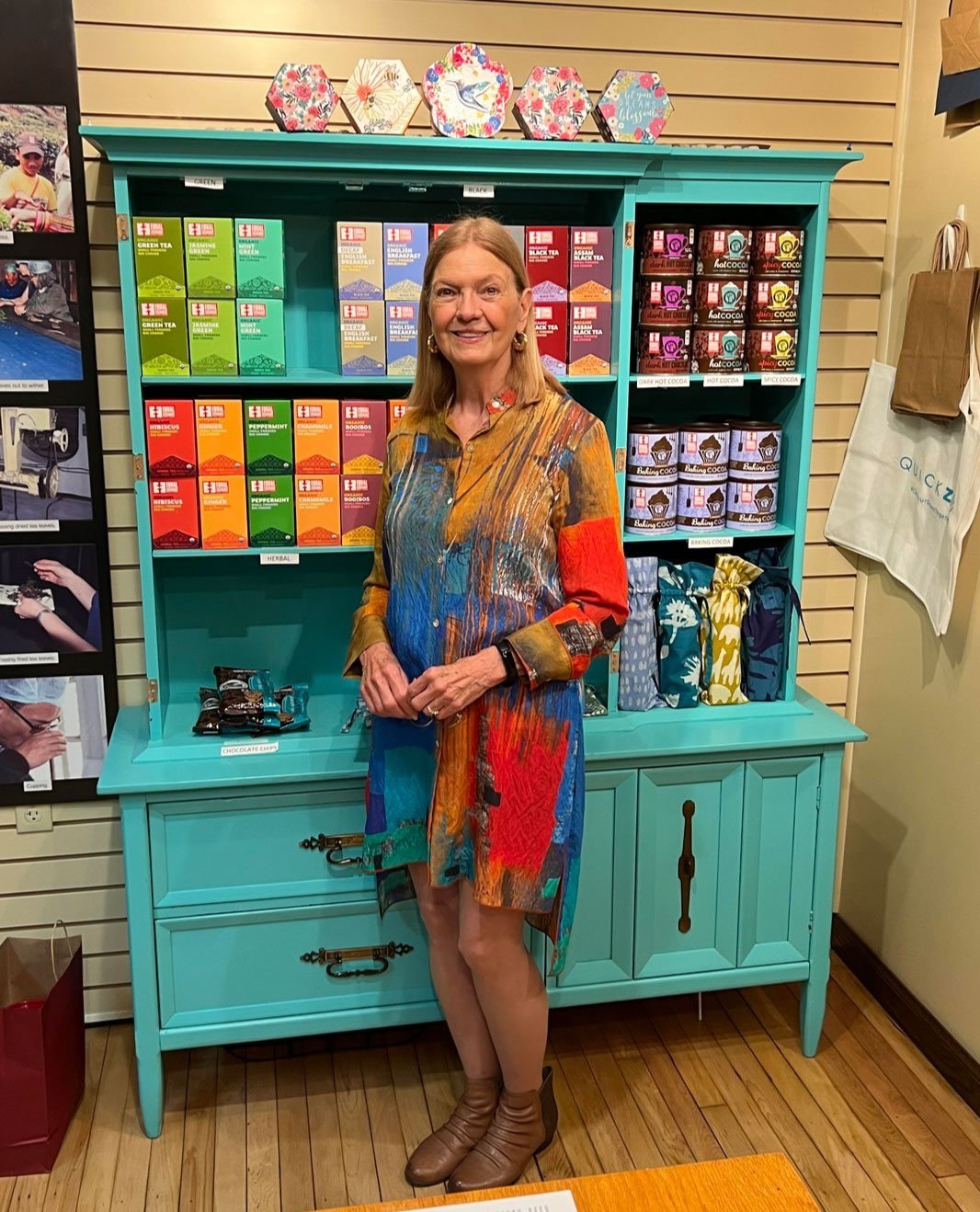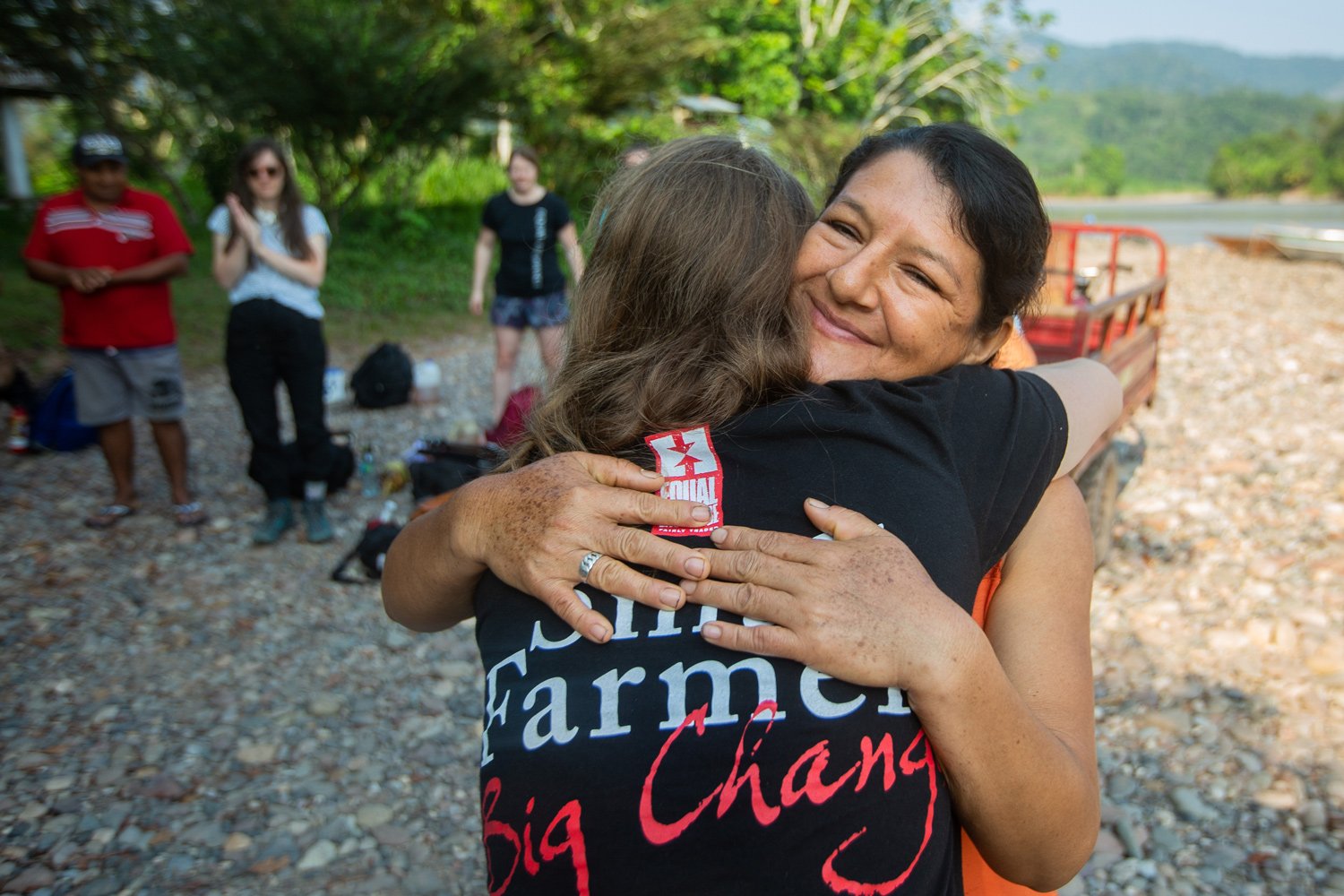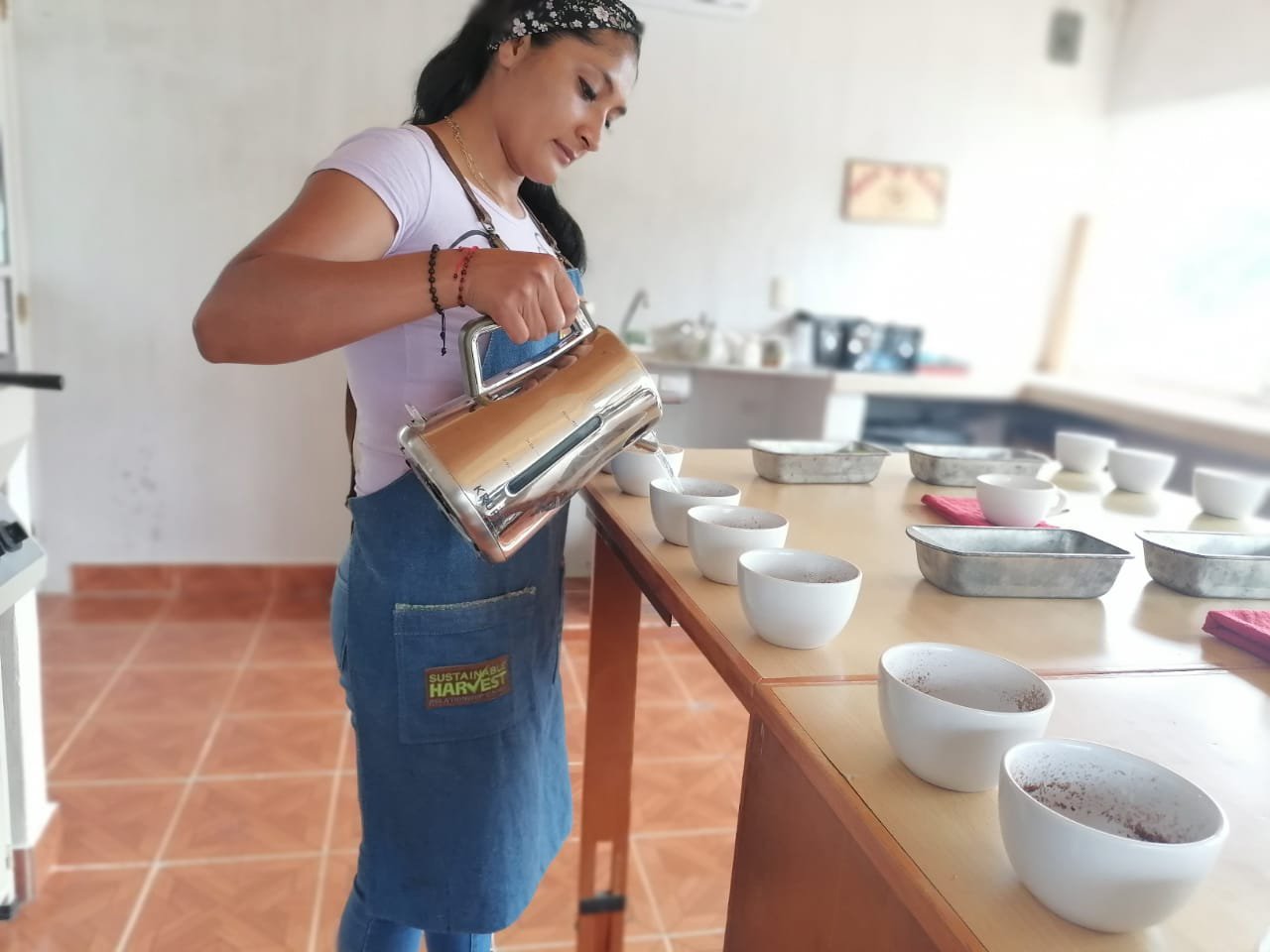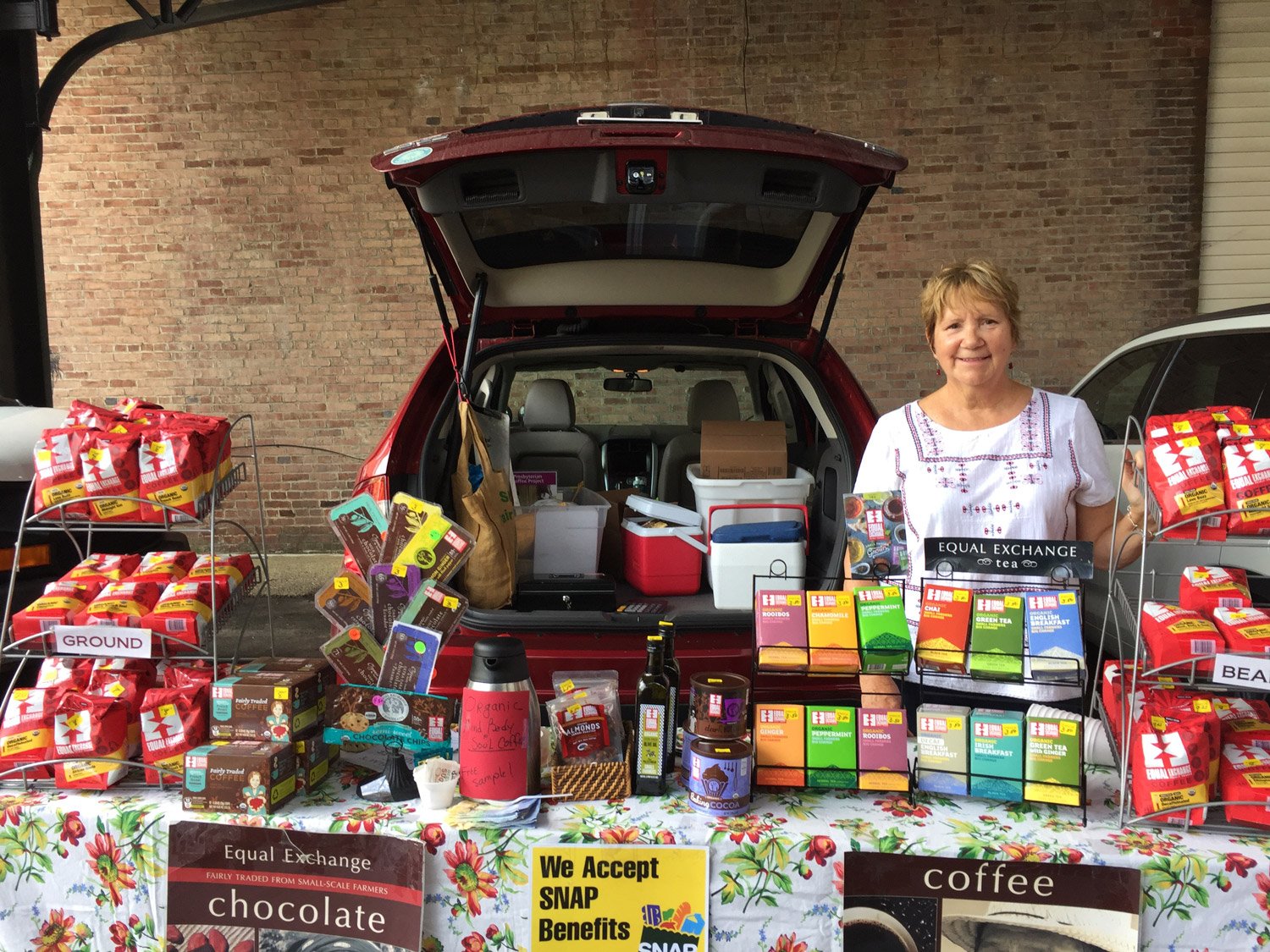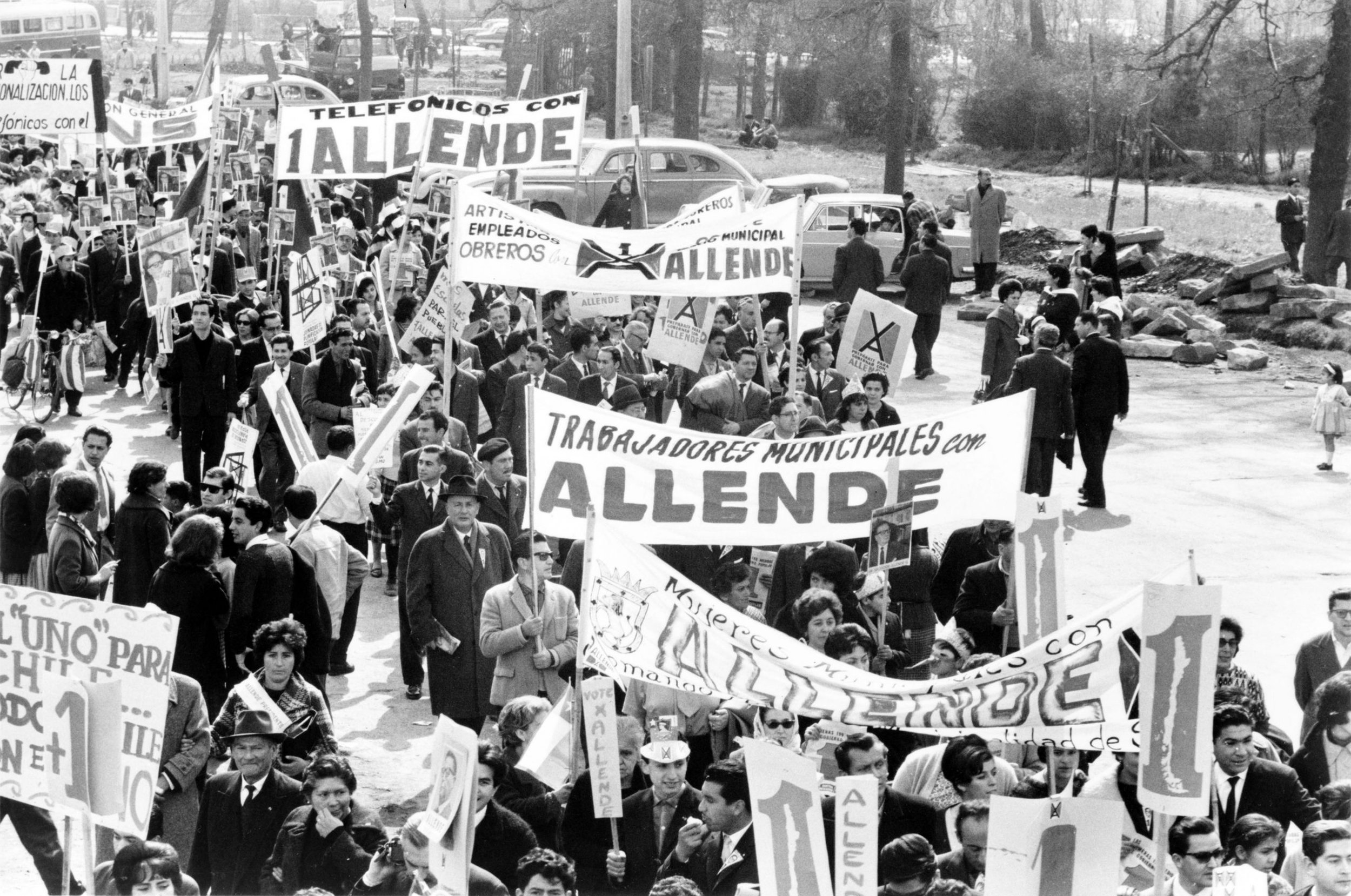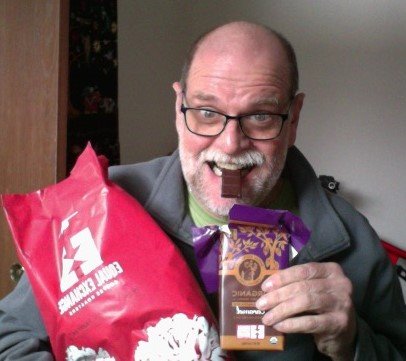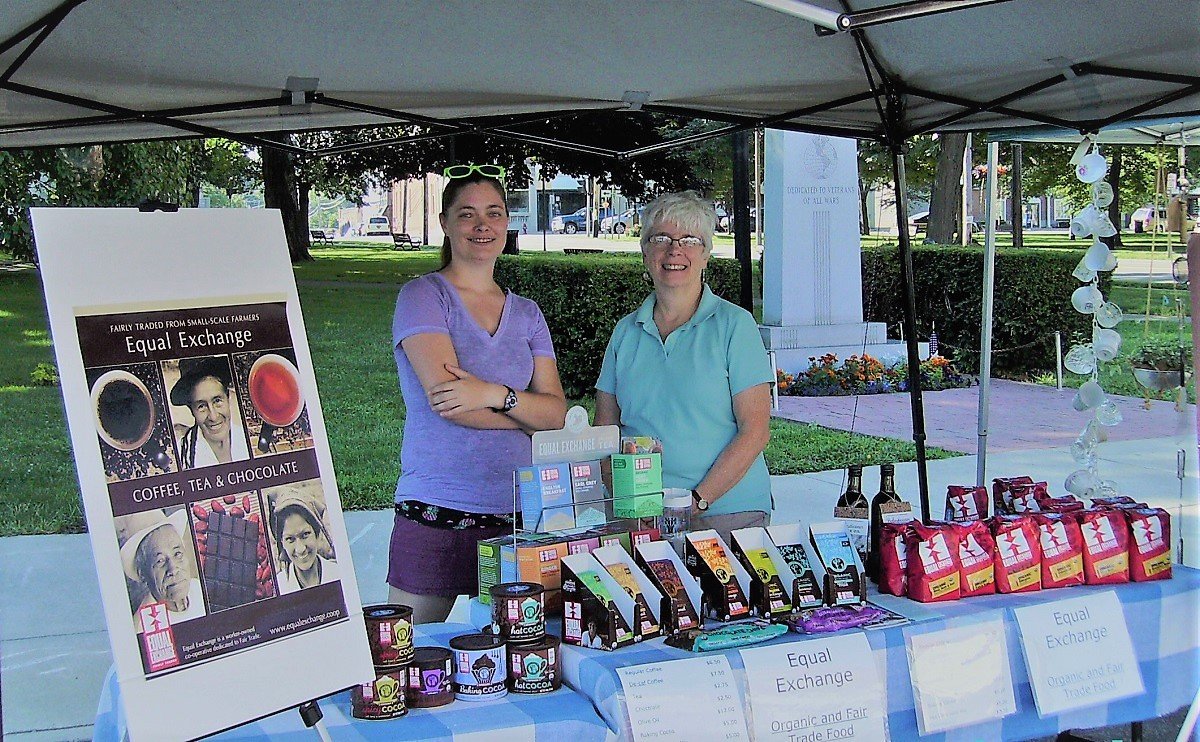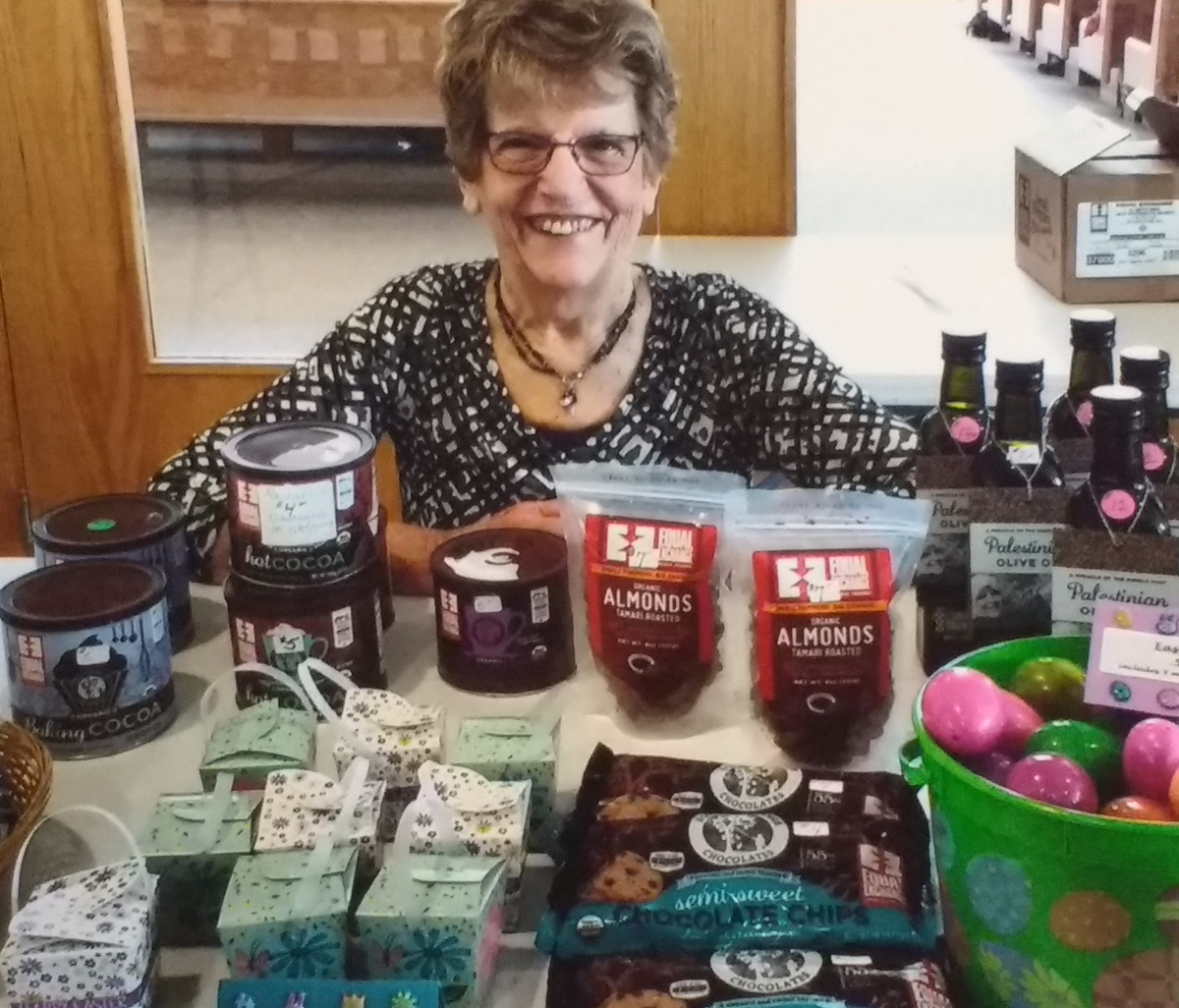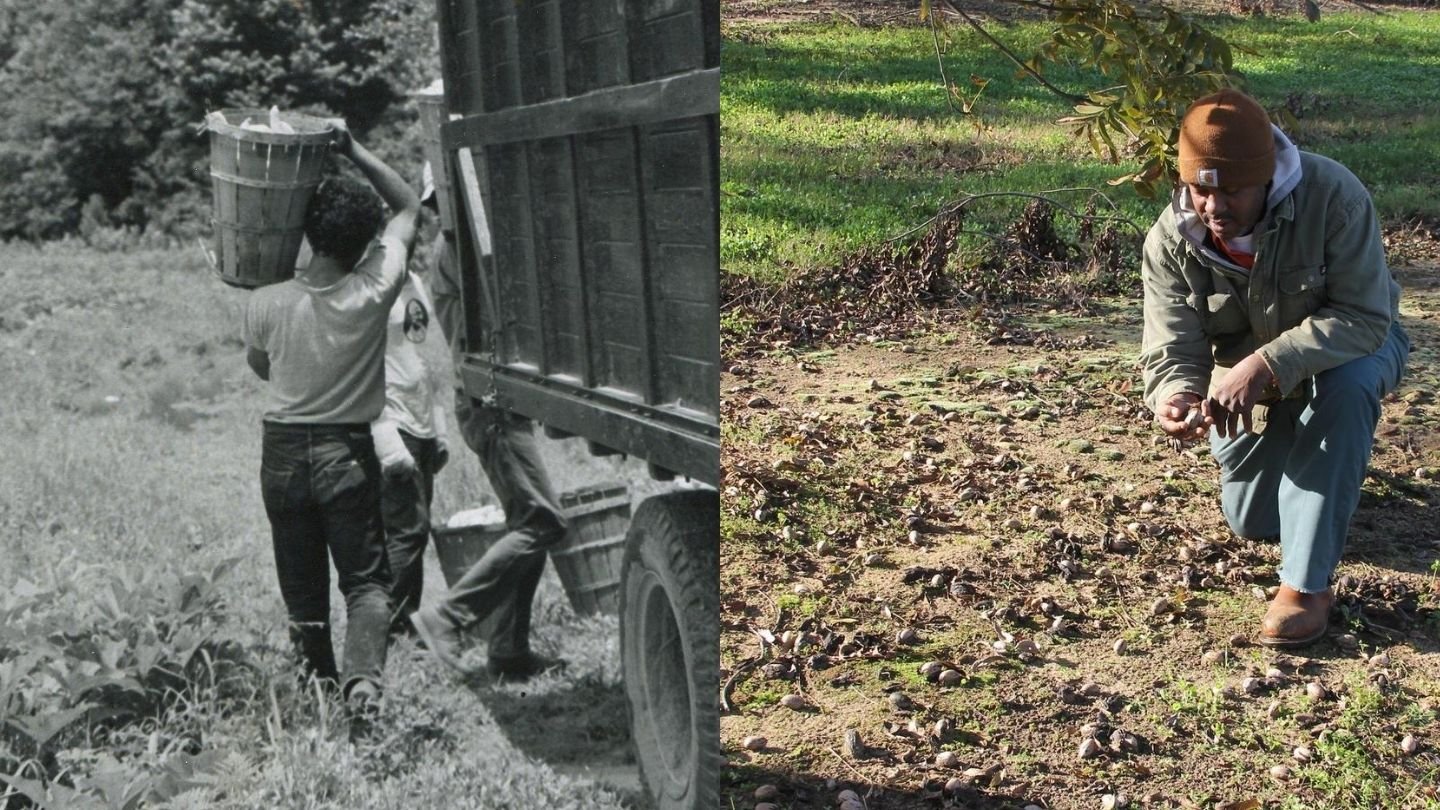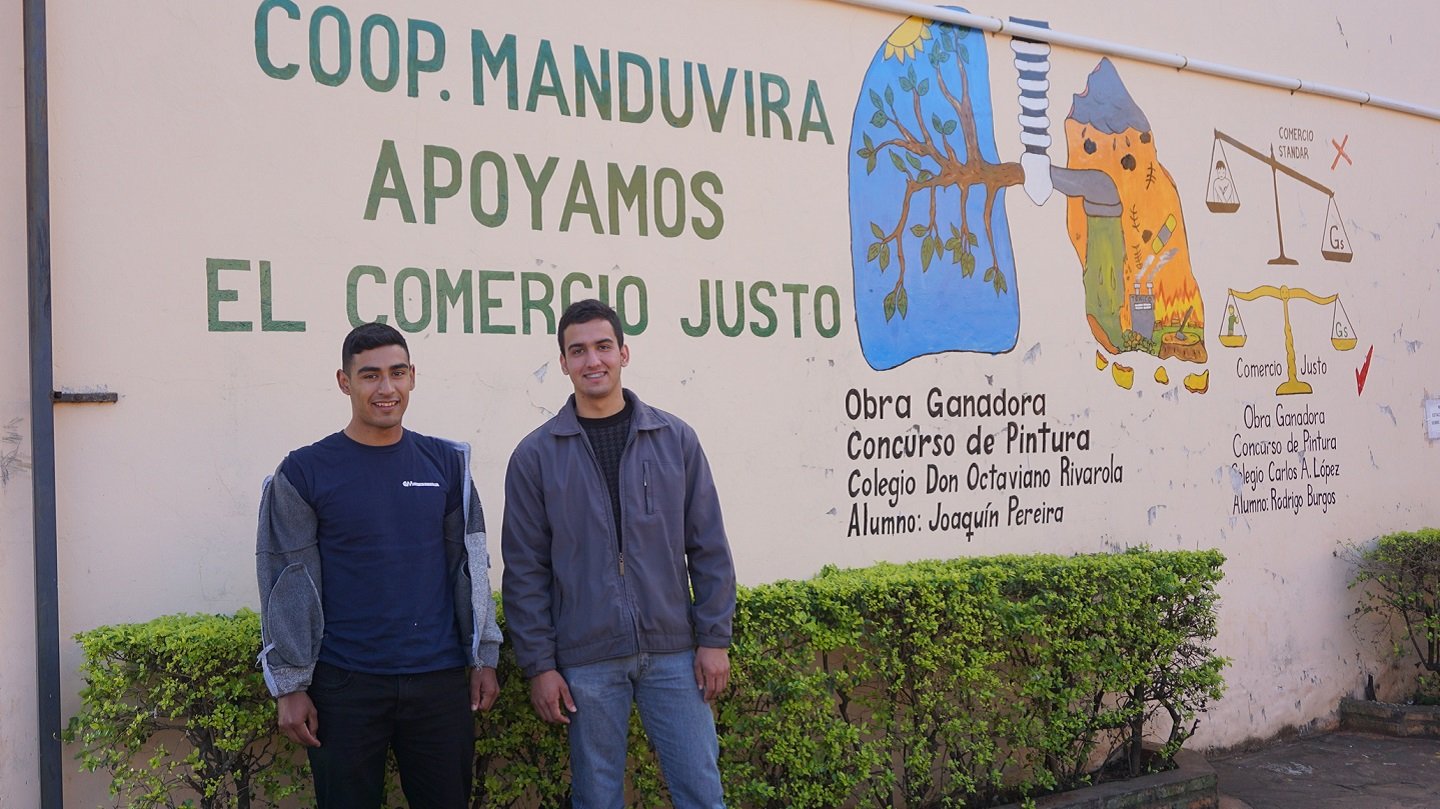Articles
Extraordinary Coordinator: Michael Williams
The Fair Trade Shop at Our Lord's Lutheran Church in Maryville, Illinois, created by Michael Williams, hearkens back to a simpler era. The cozy 12’x12’ space in the Worship Center building is packed with Equal Exchange food and handmade crafts from SERRV artisans. Both the farmers and the craftspeople earn enough money from their products so that they can feed their families and remain in their homes—located in many different countries. The store supports small-scale working people who are ignored by international commercial markets.
Walking the “K’ojolaa” Coffee Trail
On the shores of Lake Atitlán, in the southwestern highlands of Sololá, Guatemala, a promising new cooperative initiative is beginning to take root. The “Coffee Tour K’ojolaa,” is an ecotourism project that was envisioned, planned, and organized by ten Tz’utujil Mayan youth in the small town of San Pedro La Laguna. Ranging in ages from 23-28, the project’s creators are members (or the sons and daughters of members) of Adenisa, a local, small-scale coffee cooperative.
Cooperatively Grown Avocados: An Interview with PROFOSMI
We all have differing knowledge of the fruit that has quickly become a staple in the North American diet. Through years of successful marketing, consumers have been taught the many health benefits of consuming avocados and that they spread well on toast. Most of us are aware they are native to Mexico, where 88% of the United States’ imported supply comes from. But what does life look like for a small-scale avocado farmer in the Mexican state of Michoacán? And what is the actual difference between a conventional and an Equal Exchange avocado?
The Ridgeland Church Creates an All-Embracing Neighborhood Cafe
Ridgeland Church, part of the Church of Nazarene, is a community of around 100 neighbors with roots in the southwest collar suburbs of Chicago dating back to 1926. Today, they remain in the same communities and are opening an all-embracing neighborhood cafe in Oak Lawn, Illinois. Ridgeland Cafe’s manager, Macy Richey shares her thoughts on their new community space.
Interview with Extraordinary Pastor, Father John Grace
Father John Grace has served as a Catholic Priest for 43 years. He has served as the Pastor at the Immaculate Conception Church in Hampton, Virginia for the past four years. Under Father John's guidance, Immaculate Conception has become a "Care for Creation" or environmentally focused church. The congregation serves Equal Exchange coffee and sells our small farmer products every two weeks after services.
We Couldn’t Do It Without You, Citizen-Consumers
As Equal Exchange celebrates its thirty-sixth year of challenging conventional wisdom and structural inequities in the way food commodities are traded, we are once again taking stock in all that we have achieved and the daunting headwinds we are facing. Boy, are we glad we are doing this with all of you!
Corporate Consolidation and Reconnecting with Your Food
As consumers, we are typically protected from realizing the harsh realities of our complex and unjust food system. Convenience is the goal, but what has been the cost?
Celebrating 20 Years of Small Farmer Grown Chocolate
Equal Exchange is celebrating 20 years of our chocolate program! In honor of this chocolate anniversary, Dary Goodrich, our Chocolate Products Manager, is sharing some highlights, and a few lowlights, from Equal Exchange’s chocolate program as well as the chocolate industry over the past 20 years.
May Day Reflections: Building a Democratic Workplace
As we celebrate our 36th anniversary on May 1, we reflect not only on our own worker-owned cooperative and co-op trade partners but also on the history of May Day. Also known as International Workers’ Day, this is a day to celebrate and strengthen the ongoing struggle for labor justice and dignity for workers around the world.
Equal Exchange’s Radical Model: Building Democratic Trade Networks in Contrast to Conventional Supply Chains
In the early years it was very clear that Equal Exchange was radically different and breaking many of the “rules” of the market. During this time fair trade or alternative trade was barely known so by definition, it was different because there were no alternatives.
Extraordinary Coordinator: Linda Elliott
Linda Elliott of First Presbyterian in Charleston, West Virginia, first read about Equal Exchange 22 years ago at a meeting of Presbyterian Women (USA). She found the concept of fair trade, justice, equality, and fairness for farmers working in small organic co-ops in the global south to be extremely compelling.
Relationships in the Time of COVID
Despite the extra layer of stresses and worries the pandemic is causing, we at Equal Exchange are also feeling a depth of gratitude and affection for the myriad relationships that we have cultivated over these past four decades. Creating, maintaining, and deepening relationships are the pillars that our organization and our business model are built upon.
Women in Coffee
At Equal Exchange, we advocate for increased gender equality at every stage of the supply chain. We salute our sisters around the world who work as agronomists and cuppers. We cheer those who take on leadership roles in their co-ops. And we appreciate our women co-workers in the U.S.
Bring Fair Trade to Your Farmers Market
Because coffee, tea, and cacao aren’t grown in most places in the U.S., many local farmers markets allow folks to sell these items at booths, especially when they’re fairly traded and organic.
Worker Co-ops: Solving Societal Problems
Five years ago Equal Exchange started our Citizen-Consumer work to invite our supporters more deeply into our model, to build a community that is working toward a better food system, and to further develop our democratic brand. Read one of the many stories that Sue could tell you about her life as an activist and how her heart came to be touched by the work of Equal Exchange.
Scott G: Equal Exchange Advocate Extraordinaire
Sometimes there is a faith-based advocate for Equal Exchange who works outside of the direct church or synagogue environment. This is the case of Scott G. who sells products to assist small farmers out of his office.
Equal Exchange Belongs at the Farmers Market
It happened at a planning session for our church mission program. We had recently established a food justice program and wanted to expand it. “How could we better serve our community?” we asked ourselves. And one of our church leaders said, “Why don’t we sell our fair trade food at the local farmers market?”
Extraordinary Coordinators at Monona UMC
This past year, during the pandemic, the Monona United Methodist Church in Wisconsin, had its best sales ever. The church sold $9,000 of Equal Exchange products, $2,000 above the previous year. This was in spite of no group gatherings and virtual church services.
Learn the Story of the Black Farmers Who Grow Equal Exchange Pecans
When you own the land you farm, you decide what to plant, when to harvest, and which maintenance methods to use. More importantly, you’re the one who controls your own livelihood. For Black farmers in the United States, land ownership is tied to freedom. But systematic racial discrimination has pushed many out of agriculture.
Interview: Supporting Youth in Agriculture at Manduvira Cooperative
Manduvira Cooperative in Paraguay is world-renowned for being the first sugar mill owned and run by an agricultural cooperative. In addition to the co-op’s pressing worries about climate change, Manduvira also faces the challenge of an aging farming population. The cooperative is making a concerted effort to include youth in their work to come up with climate change mitigation strategies.


